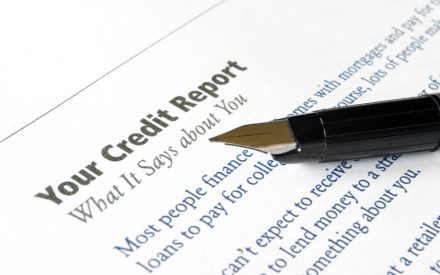In 2022, there were over 20,000 reports to the Federal Trade Commission from Wisconsin residents. The top complaints involved fraud, most often related to imposter scams, identity theft, credit bureaus and financial services, and online shopping.
Reports of fraud have increased over recent years as scammers used the pandemic to come up with new ways to trick people into sharing their financial information. Covid-19 related fraud includes claiming unemployment benefits using someone else’s work history, pretending to be a virus contact tracer, claiming to conduct a vaccine survey, and selling unproven remedies to the coronavirus. These pandemic-related scams are in addition to already existing scams, such as threatening someone with arrest by saying they owe taxes or demanding payment on an overdue loan through a wire transfer or paying the scammer using a gift card.
The government will never call, text, or email you asking for your personal data, bank account information, or credit card number. Even with the previous Economic Impact Payments, the IRS put security measures in place on their website for individuals to share their direct deposit information for payments.
Monitoring your own credit report is one way to keep an eye out for signs of fraud or identity theft. Because of the pandemic, consumers can currently order a free weekly credit report online through December 31, 2023. You can request the weekly reports from AnnualCreditReport.com—one each from the three credit bureaus: Equifax, Experian, and TransUnion. While the free weekly credit reports are only available online, consumers can also order free annual credit reports through the mail using the official request form found online or by phone toll free at 877-322-8228.
The “Check Your Free Credit Report: 2/2, 6/6, 10/10” campaign from the University of Wisconsin-Madison Division of Extension wants to make it easier to remember to order those free credit reports. Anyone can download calendar reminders three times a year—on 2/2, 6/6, and 10/10.
“Our Credit Campaign participants have told us that the added nudge from the reminder emails helps them to follow through on their good intentions to order their free credit report,” says Peggy Olive, UW-Madison Financial Capability Specialist. “Once you receive your credit report, the next step is to look it over for old information that should be removed, common mistakes, or signs of identity theft.”
Reviewing your credit report
There are key pieces of information to pay attention to when reviewing your credit report for signs of fraud:
- Personal information – This may include names or nicknames you’ve used, current and previous home addresses, and a current employer. Signs of fraud could include addresses you don’t recognize or an employer you’ve never worked for.
- Open credit accounts – Make sure you recognize all of the credit accounts that are open under your name. If there are accounts you don’t recognize, this could be a sign that someone has opened a credit card, utility, or loan using your name. Medical bills you don’t recognize could be a sign of medical identity theft where someone uses your personal information to access healthcare and avoid paying the bill. Also, check if the current account balance matches your records to make sure there are no unauthorized charges on your account.
- Inquiries – Regular or hard inquiries mean that a creditor has reviewed your report after you applied for new credit. A sign of fraud could be hard inquiries listed on your credit report if you have not applied for new credit in the past two years. Account review or soft inquiries show up on your credit report when you order a copy of your own report or if a creditor has recently sent you an offer to apply for a new account.
Protecting your credit
Sometimes wrong information may appear on a report from one credit bureau or on reports from all three bureaus. If you find an error or unknown accounts on your credit report, start by contacting the credit bureau who supplied the report. Ask to have the information corrected or removed. If you think you have been a victim of identity theft, file a report with the Federal Trade Commission online at IdentityTheft.gov.
If you do run into challenges with your credit report or correcting information on your report, anyone can submit a consumer complaint to the Consumer Financial Protection Bureau.
In addition to email reminders and links to credit resources, Extension provides information on this financial website for ordering, reading, and understanding your free credit reports. You can also find out how to place a free credit freeze or fraud alert on your credit reports and whether that’s the right decision for you.

 Check Your Free Credit Report
Check Your Free Credit Report Credit Report vs Credit Score
Credit Report vs Credit Score Fix Errors on Your Credit Report
Fix Errors on Your Credit Report


